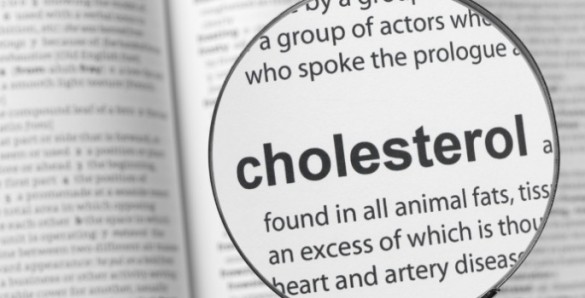Changes in body weight (either gain or loss) can prompt one’s levels of “good” cholesterol (HDL) to fall. Because low HDL levels increase the risk of cardiovascular disease, this presents a potential roadblock to further success in reducing heart disease mortality.

Recently, Heidi Silver, research associate professor of medicine, and colleagues showed that a variation in the CNR1 gene (the H3 haplotype) protects against the significant decline in HDL that typically accompanies weight loss. In a study published in PLoS ONE, the researchers describe how this gene variant influences HDL level response to modifications of dietary fat intake.
They found that normal to overweight adults with the H3 variant had robust short-term changes in HDL while on a high-fat diet. The effect was four-fold greater in women than in men, and this gender effect was also significant in obese women who consumed a high-fat, calorie-restricted diet.
The results suggest that the gender-specific effect of this variant on dietary fat-induced changes in HDL may help guide nutrition strategies for weight loss while improving cardiovascular health.
The research was supported by grants from the National Center for Advancing Translational Sciences (RR024975), the National Institute of Diabetes and Digestive and Kidney Disease (DK064857, DK069927, DK020593, DK080007) and the National Heart, Lung and Blood Institute (HL069757) of the National Institutes of Health, The Dr. Robert C. and Veronica Atkins Foundation, the Tennessee Valley Healthcare System, and the Children’s Hospital Oakland Research Institute.
Send suggestions for research to highlight in Aliquots to: aliquots@vanderbilt.edu














